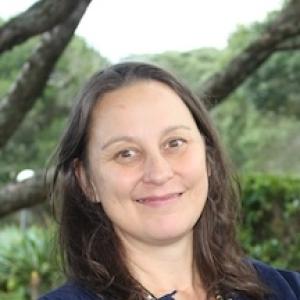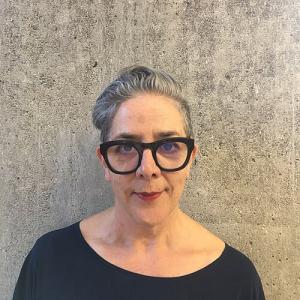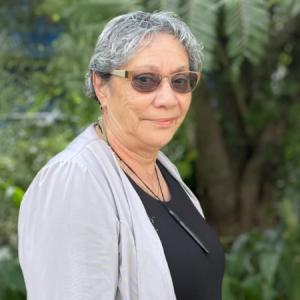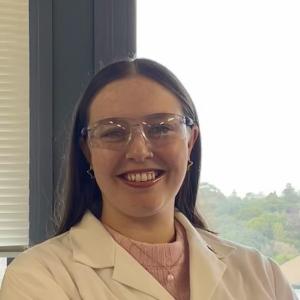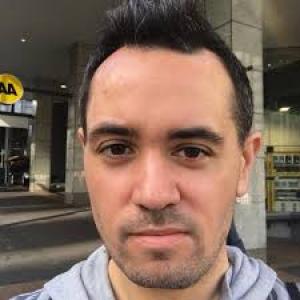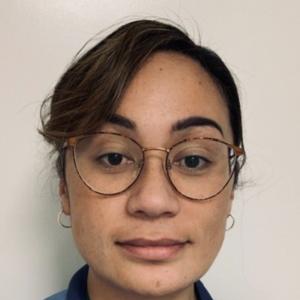When the new oncology centre at Whangārei Hospital opens in 2026, over 40 metres of photographic panels will grace its walls.
Mahonri Owen (Ngāti Hine, Ngāti Tūwharetoa) are part of the team at Te Kura Rau Mahara working to better connect the brain with prosthetic limbs.
A farm in the Horowhenua has been undergoing an environmental transformation over the past three decades and research from NPM has helped hasten the shift.
NPM research project will improve the way archaeological information is being characterised and will likely have implications for all hapū and iwi in relation to their significant sites
Since high school, Miriama Narayan (Ngāti Kahungunu ki Wairoa, Ngāti Tūwharetoa, Ngāti Raukawa) has been fascinated by the transformation of substances from one state to another.
Dr Tania Cliffe-Tautari noticed the common denominator for many rangatahi Māori offenders was the experience of trauma.
Australian born Tāne Karamaina couldn’t be prouder of his Australian heritage, and he credits both sides of his whakapapa for his love of words and his job as a translator at Te Taura Whiri i te Reo Māori.
The World Health Organization’s Health Resources and Services Availability Monitoring System (HeRAMS) has been deployed in Gaza since February 2024 and last month released a new reportdocumenting the precarious state of essential health resources and services in Gaza
